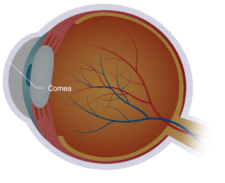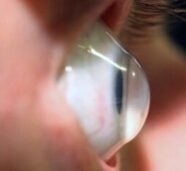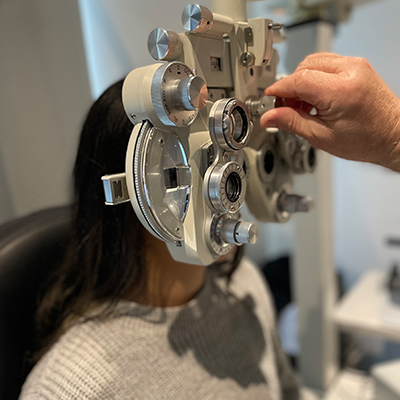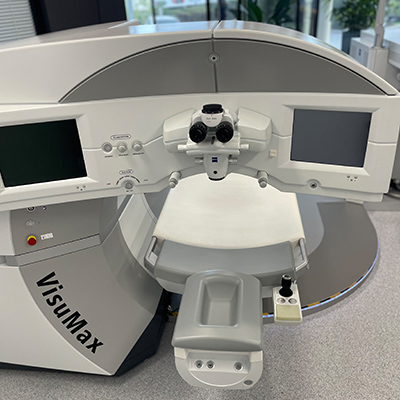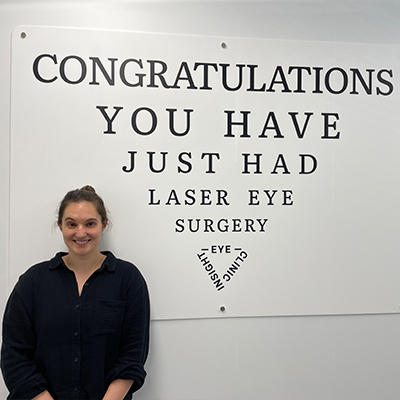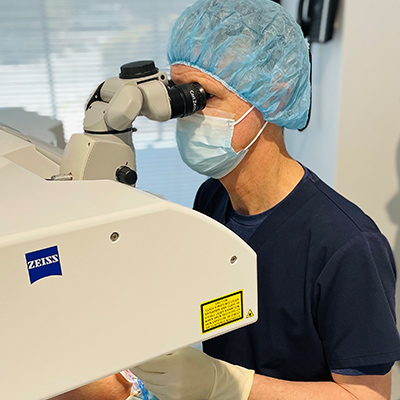1 Why You Might be Unsuitable for Laser Eye Surgery
At Insight Eye Clinic, we ensure that comprehensive testing is carried out by both our clinical Orthoptist and our head surgeon, Dr Graham Furness. Several diagnostic tests are performed which tell us everything we need to know about your cornea, the shape of your eye and your prescription. With different laser eye surgery methods available to suit most eyes; the vast majority of people are suitable for at least 1 method of laser eye surgery. We will provide you with a guide to the reasons that a person might be an unsuitable candidate for laser eye surgery.
Age
Most reputable ophthalmic surgeons have a minimum age of 18 for laser eye surgery. There is not a maximum age for surgery, although beyond a certain age, vision problems may be due to other factors that laser eye surgery cannot assist with correcting. More often than not, there is a surgical solution to your vision problems. Always consult an eye specialist for advice and recommendation.
Unstable Prescription
Up until the age of 25, it is common for the eyes to continue to change, and sometimes beyond this. If your prescription is unstable and your eyes are continuing to worsen, it is advisable to wait until your prescription is stable for a minimum of 12 months. Laser eye surgery does not stop the eyes worsening; it treats the prescription presented at the time of surgery.
Refractive Error that is Too High
A small percentage of people have prescriptions that are extremely high and outside of laser treatment parameters. With everchanging technology, it is important to check your suitability every couple of years. We also advise seeking more than 1 opinion if you feel unsure about your primary care choice. Other surgery methods, such as implantable contact lenses (ICL’s), might be a suitable alternative for you.
Corneal Thickness
There are 3 generations of laser eye surgery available at Insight Eye Clinic. PRK, LASIK and SMILE (please click on each to learn more). A microscopic amount of corneal tissue is removed during surgery. This reshapes the surface of the eye, allowing you to see better. The larger the prescription, the more corneal tissue is removed. In a small amount of cases, the cornea is too thin to safely remove the required amount of tissue to correct the prescription. Some patients with very high prescriptions choose to still have surgery to reduce their prescription if the option to treat it fully, is not available.
Keratoconus
Keratoconus occurs when the cornea thins and gradually bulges into an outward cone shape. This weakens the corneal structure and can cause blurred or distorted vision. Most patients with keratoconus are unsuitable for laser eye surgery; as removing corneal tissue may further compromise it’s structure due to its inherent weak spots. The cause of keratoconus is not yet known but is often inherited or formed through environmental factors.
Uncontrolled Auto-immune Disorders
Immunocompromised patients and those with uncontrolled auto-immune disorders might not be suitable. Shingles (aka herpes zoster) can be activated in those with a weakened immune system. Patients that have previously experienced shingles in the eye(s) have a small chance of this reactivating if laser eye surgery is performed. Your ophthalmic surgeon may decide that the potential risk outweighs the benefit of proceeding with laser vision correction.
Pregnancy / Breastfeeding (temporary)
Pregnancy and breastfeeding only temporarily deems you not suitable for laser eye surgery. Please follow this link to a recent blog of ours as to why.
If you are unsuitable for laser eye surgery… there may be other options and avenues to explore. Seek out advice from an Ophthalmologist that specialises in more than just laser eye surgery, like Dr Graham Furness.
https://insighteye.com.au/3rd-generation-smile-laser-eye-surgery/




